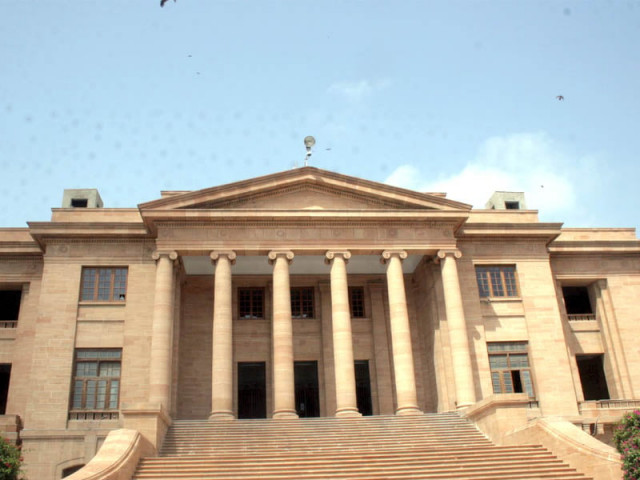After officials provide flimsy answers, court seeks information on fitness certificates for buses
In 2010, the chief justice converted a citizen’s letter into a petition on the state of minibuses.

One of the petitions was based on a letter written to the chief justice by a resident of Karachi named Muhammad Ramzan Khan. He pointed out how a majority of private buses are very old models and so badly worn out that they could not be given fitness certificates. When people travel in these buses their clothes are blackened by the smoke emitted by the diesel-operated vehicles or torn because the interiors are in such bad shape.
The buses stop to let off passengers wherever they like and there are few fixed bus stops. They are often missing indicator lights and brake lights as well, all factors that contribute to traffic accidents.
The letter said the traffic police is supposed to crack down on these violations but actually takes bribes to look the other way.
In June 2010, when Justice Sarmad Jalal Osmany headed the SHC, he had ordered for the letter to be converted into a petition and the case has been pending since then. On Wednesday, Chief Justice Mushir Alam asked Sindh Additional Advocate General Miran Muhammad Shah and the transport department’s focal person what had been done since. After hearing what they had to say, he declared the department’s answer was “unsatisfactory”. “No explanation was given by the focal person on why proper bus stops have not been assigned under Rule 241 of the Motor Vehicle Rules 1969,” said the court.
The focal person was appearing for the transport secretary. He told the court that the DIG for traffic and licensing issued fitness certificates and not them. As there was no one to represent the DIG in court, the bench ordered for notice to be issued to him to come to explain how licenses and fitness certificates are issued to buses that don’t meet the requirements. The court also heard two identical petitions on six- to eight-seat mini vans running on CNG between cities. It ordered the DIG for traffic in Hyderabad and Sukkur as well as the IGP to come up with the number of vehicles by destination. It also wanted to know about the safety mechanisms for CNG kits. The hearing of these petitions was adjourned to an unspecified date and the government was told to prepare the information for the next hearing.
In bad shape
Experts Intikhab Ahmed Qureshi and Huapu Lu of the Institute of Transportation Engineering at Tsinghua University, Beijing published a study in 2008 titled ‘Urban Transport and Sustainable Transport Strategies: A Case Study of Karachi, Pakistan’. They found that public transport in Karachi make up only 2% of the total number of vehicle on the roads. It serves half of passenger demand. The problem is that the majority of Karachi’s urban public transport (81%) is made up of low-capacity minibuses an coaches that can only carry about 27 to 32 passengers.
Published in The Express Tribune, August 16th, 2012.



















COMMENTS
Comments are moderated and generally will be posted if they are on-topic and not abusive.
For more information, please see our Comments FAQ